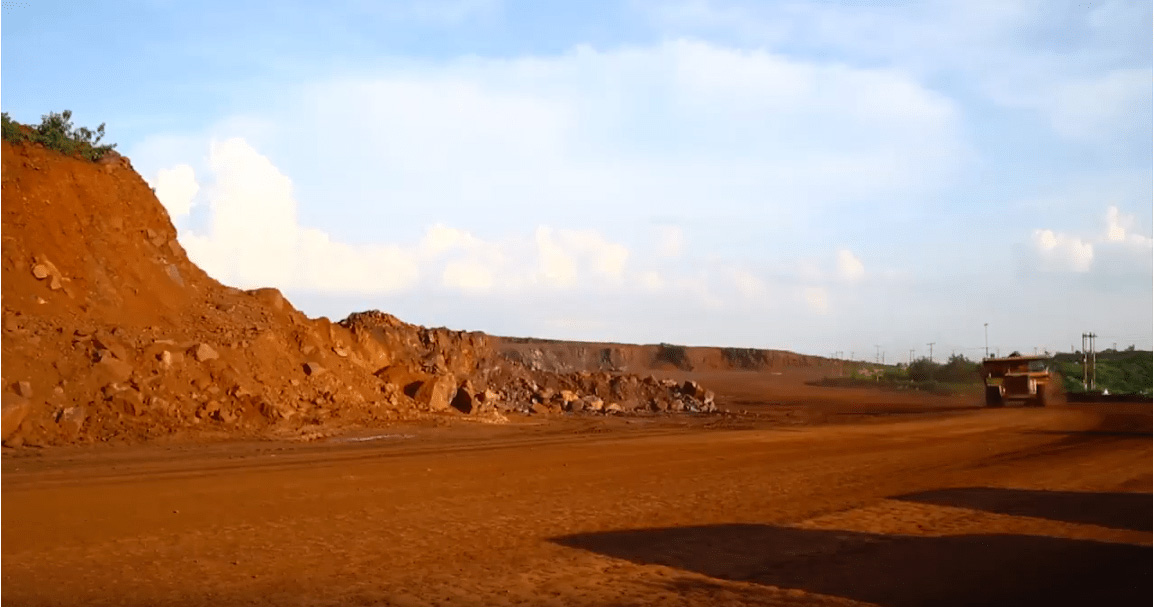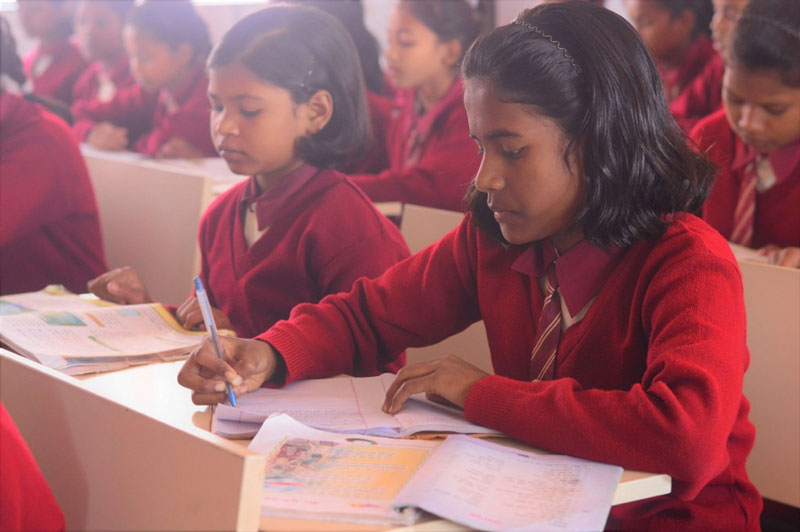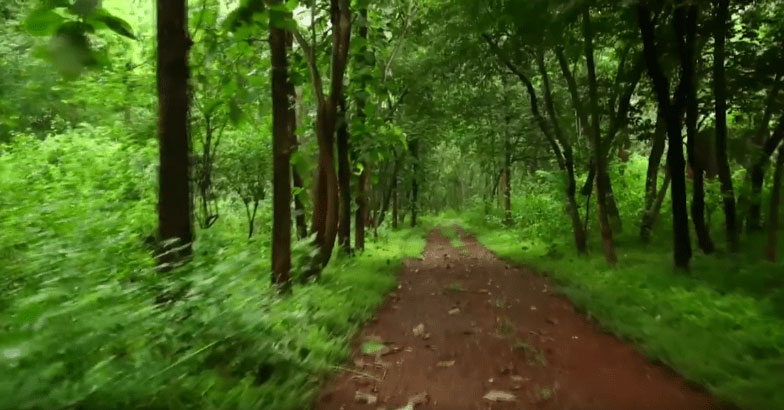Innovations in Mining That Are Making a Difference
It’s easier today, than ever before, to map our footprint on the environment. We’re able to look at every product, every article of clothing, and a quick internet search tells us what the ecological cost of our lifestyle choices is. Often, when we look at these data points, we don’t go far back enough.
The starting point for everything from our kitchen knives, our appliances, our cars and our homes, is metal. And to extract metals, we need the ecologically expensive process of mining. Mining creates environmental impacts including erosion in the environment, formation of sinkholes, loss of biodiversity, contamination of air, surface and groundwater by chemicals used in the process, and toxic byproducts.
The catch 22 is, we can’t do without mining. The very foundations of civilization are built on metals. It was the discovery of bronze that propelled us to go beyond being mere hunter-gatherers with stone tools. The discovery and use of other metals, propelled us on to the information age, and will continue to power future innovation and growth.
So the question arises. Is there a better way of doing this? As always, the answer is ‘Yes’.
Modern mining practices today are far removed from those even 20 years ago. The advent of new technology has transformed the way we mine the earth, as well as the way we can give back to the environment when mining is complete. By using Integrated Mining practices companies can go the distance in creating sustainable systems for mining that have the potential for near-zero impacts on land use, surface and groundwater pollution, air pollution, and loss of biodiversity. This move is being welcomed and supported not only by governments, but by the mining industry itself - as witnessed by the numerous awards that are focused on sustainable practices.
Transformation in mining starts with dealing with mining wastes and utmost care needs to be taken in how it is disposed of. Many corporates are trying to maintain the ecological balance, and give back more than what mining takes away. One of them is Tata Steel – as it stands out in sustainable mining practices.
Tata Steel currently operates mines in 26 countries and has been at the forefront of sustainable mining for decades. Leveraging their expertise at the Tata Steel run Noamundi mine in Jharkhand, this mining waste was used to reclaim mined out areas - transforming barren land, into lush green environs. Using local tree, grass and shrub species (over 1.9 million saplings across 27 native species), along with the topsoil extracted from active mining areas, the operations at Noamundi and Joda (another Tata Steel mining operation in Odisha) have been able to create around 7 hectares of baby forests that are already attracting bird and animal species back to the region. Additionally, at Joda, the process to convert 16 more hectares worth land into forest areas is in the process.

 Corporate
Corporate
 Sustainability
Sustainability
 Products & Solutions
Products & Solutions
 Investors
Investors
 Careers
Careers
 Contact Us
Contact Us






